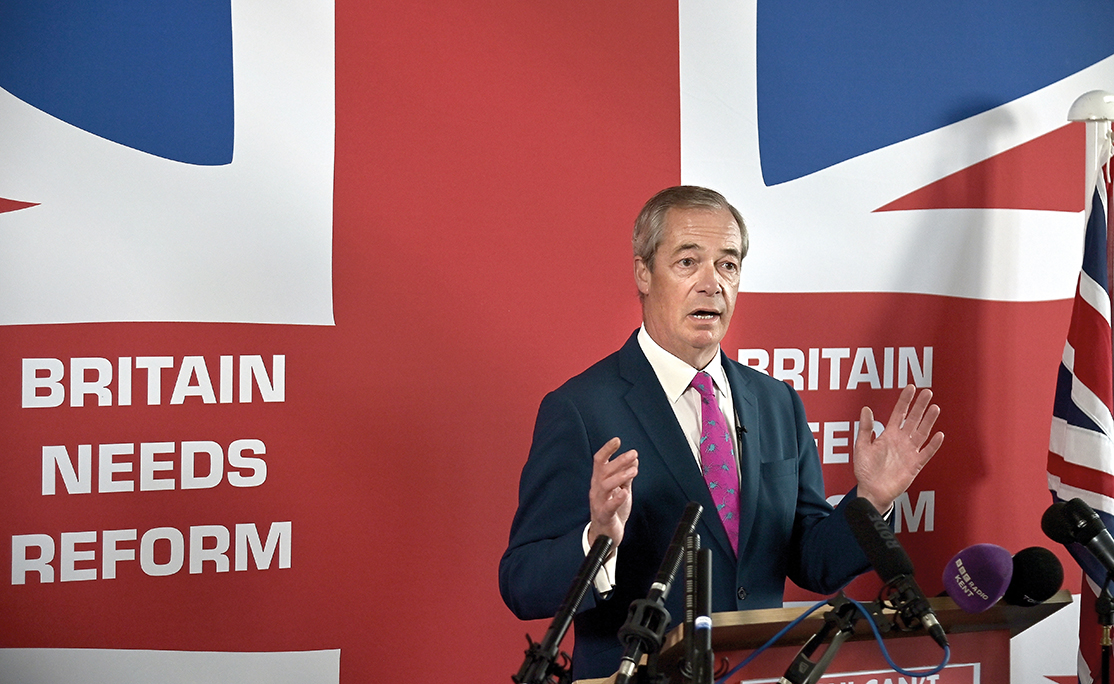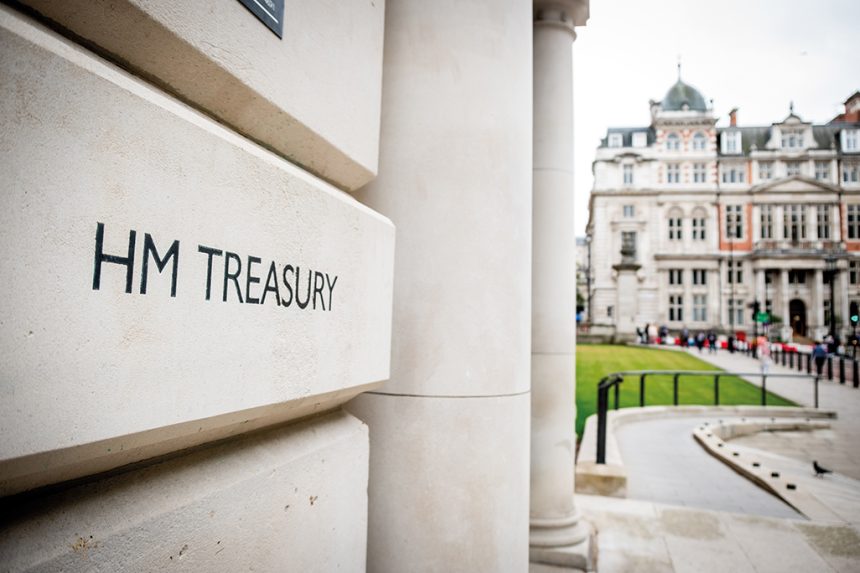The publication last month of the Office for Budget Responsibility’s latest Economic and Fiscal Outlook report, along with the Chancellor’s Spring Statement, revealed the extent of the fragility of the country’s economy – and, as a result, the hopes of more funding for bus.
Most economists now think that Chancellor Rachel Reeves will have to impose deeper spending cuts on departmental budgets in the Comprehensive Spending Review and/or increase taxes again in the Budget in the autumn, if she, as she claims she will, sticks to her self-imposed fiscal rules.
We’ve all seen the political outcry from Labour MPs at the planned £5 billion cut to the welfare and benefits budget, so deeper spending cuts look increasingly politically difficult.
Yet, the alternative of further tax increases is equally difficult, given that the increase in employers’ National Insurance contributions and the rise in the minimum wage introduced in last October’s Budget had the immediate impact of wiping out any prospect of economic growth.
Further tax rises would simply destroy any prospect of growth, which is pretty much non-existent already.
My guess is we will see an end to the £3 bus fare cap, and the chances of the bus industry getting the levels of funding needed to really grow patronage look remote
The Chancellor has herself well and truly boxed in. She could ease her self-imposed fiscal rules to allow for greater levels of borrowing, but that’s tricky too.
First, she’s made it clear that she’s determined to stick to these rules, so breaking them now would damage her credibility beyond repair. And breaking her fiscal rules to allow for more borrowing would probably spook the City and push interest rates up – and our levels of borrowing are already close to being unsustainable.
Higher levels of borrowing would also increase the interest payments on this debt, which already stands at more than £100 billion a year. The Chancellor is well and truly cornered, and I am beginning to wonder how long she can survive this.
Spring statement and the impact on bus funding
What does the spring statement and the general economic outlook mean for transport and, more particularly, bus funding? To be honest, I don’t really know!
The outcome of the Comprehensive Spending Review will be announced in June, so we don’t have too long to wait to find out, but my guess is we will see an end to the £3 bus fare cap, and the chances of the bus industry getting the levels of funding needed to really grow patronage look remote.
The Bus Services (No.2) Bill putting into effect the government’s reforms of the franchising system is moving through the House of Lords and will commence proceedings in the Commons sometime soon after the Easter parliamentary recess.
However, I think it is increasingly unlikely that, Combined Authorities aside, any transport authority will have the funding to develop new franchising schemes. As I’ve said before, it’s not a cheap option.
How much funding will be made available for the bus industry over the course of the three years covered by the Spending Review is anybody’s guess right now but, if I were a bus operator or transport authority, I would be planning for the worst and hoping the outcome isn’t that bad.
New UK Bus Manufacturing Panel set up
Meanwhile, the UK Bus Manufacturing Panel, announced last year by Louise Haigh before her resignation as Transport Secretary, has been set up and has had its first meeting in Sheffield.
The panel’s remit is to strengthen UK bus manufacturing competitiveness, to establish a bus order pipeline and to enhance passenger-centric bus design.
Of course, the real driver for this panel was a political desire to develop a “buy British” agenda in the face of growing competition from Chinese manufacturers.
As with the Labour Party, so Reform may find that being in government, even if only in local government, is a whole lot more difficult than simply being a vocal voice of opposition
I’ll be interested to see what proposals the panel comes up with because, as I understand it, you can’t really build a new electric bus without a significant proportion of the bus, and especially the battery and associated technology, coming from China.
In fact, for many years, Alexander Dennis enjoyed success thanks to a joint venture with Chinese manufacturer BYD and nobody seemed to mind about that.
Meanwhile, I’ve read that Wrightbus has signed a joint venture with a Chinese manufacturer to help develop its new hydrogen coach.
So, I am really scratching my head to understand how a “buy British” policy can work. We shall see what the expert panel comes up with.
Reform UK’s march
It’s less than a month until the local elections on 1 May. Around 1,600 council seats are up for grabs at 14 county councils and eight unitary authorities.
Polling puts the Conservative Party neck and neck with Reform with the Conservatives set to lose a large number of councillors and control of a significant number of councils – while Reform is expected to take four councils outright and be the largest party in another four.
The onward march of Reform looks set to continue. But here’s a thing. Currently, Reform only has a smattering of councillors and doesn’t run any council. On 2 May, the party will probably wake up to find that it now has to actually run something.
At national level, Reform has a policy of reducing taxation – and quite significantly. Will it carry this policy into local government and cut council tax?

If it does, what will this mean for the provision of local services such as social care, education, road maintenance and all the rest?
As with the Labour Party, so Reform may find that being in government, even if only in local government, is a whole lot more difficult than simply being a vocal voice of opposition.
There is also a by-election on 1 May for the Runcorn and Helsby constituency following the resignation of Labour MP Mike Amesbury.
Labour comfortably won this seat at the general election with a majority of 14,696 but the hot money seems to be on Reform winning this seat in what would be a massive blow to Labour.
Donald Trump may be upending the world order, but Nigel Farage is looking set to upend the UK’s political landscape. But I wonder if the electorate will like what they see once Reform is in charge, even if only in a handful of local councils.



























